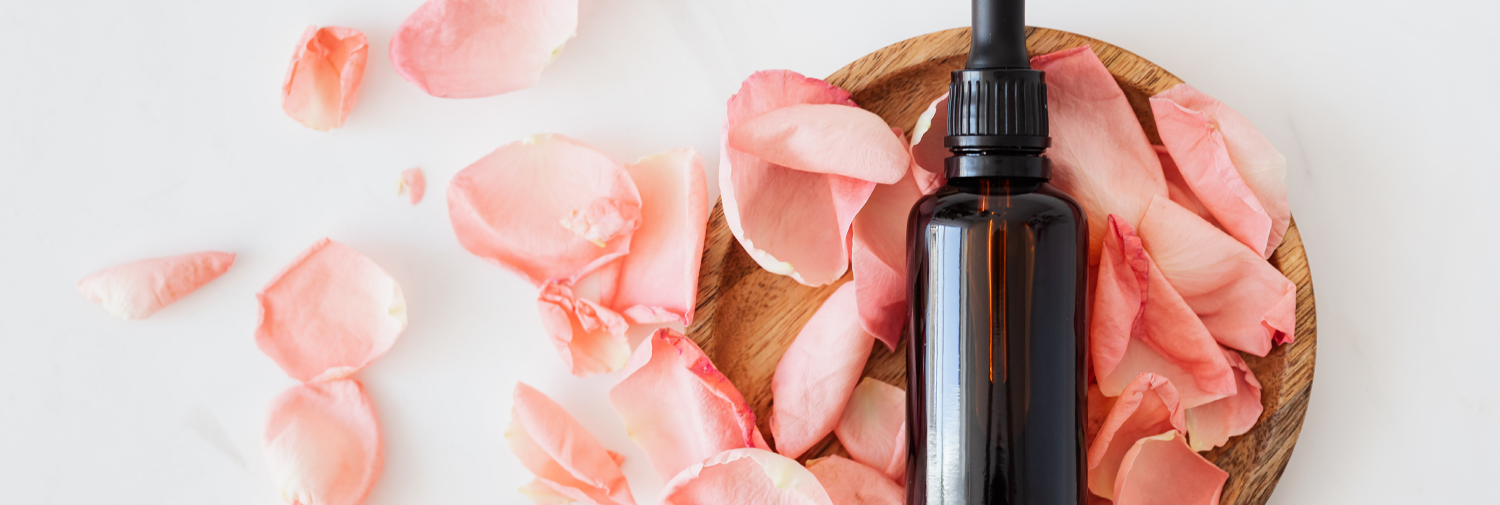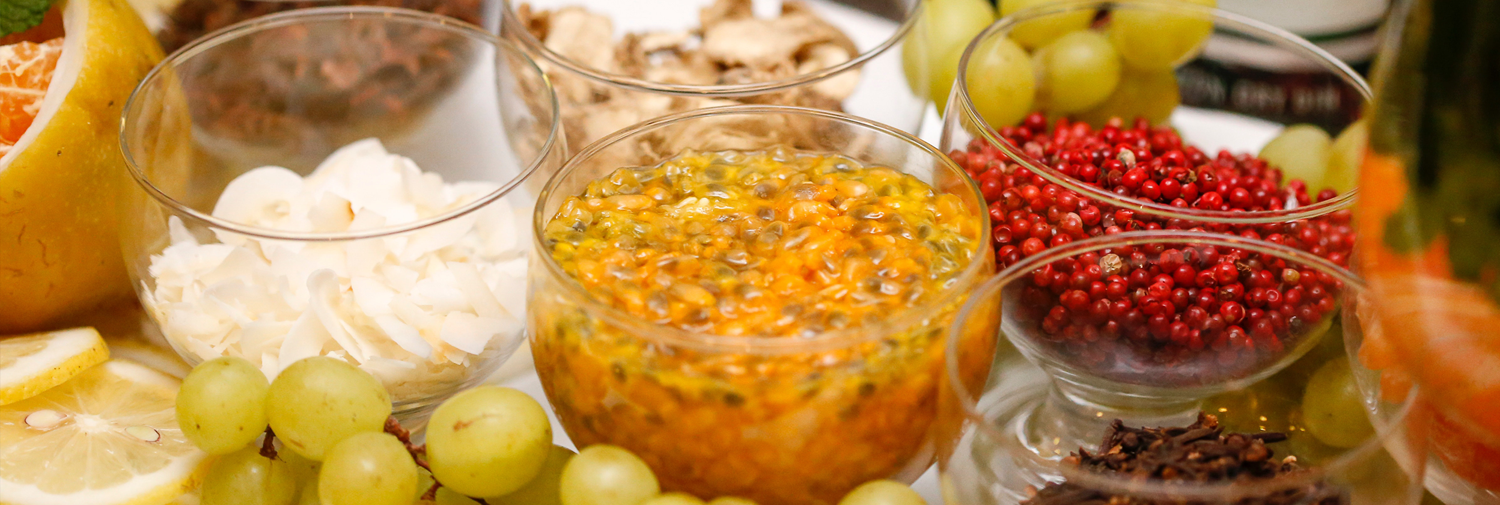
Skin health is the most prominent and principal factor for assessing an individual's health, age, and overall well-being. It directly correlates with perceived beauty and various kinds of health issues, including signs of premature aging that require proper attention and timely treatment. In addition to superficial beauty treatments, or other natural remedies, medical research suggests a systemic and safe remedy, collagen peptides, to improve skin texture, rejuvenate appearance, and help prevent signs of premature aging.
Collagen is a natural protein found abundantly in the human body. It is a necessary nutrient for the maintenance of optimal health in bones, muscles, skin, ligaments, and tendons. In simple terms, it's the "glue" that holds all of this stuff in our body together. In fact, the word comes from the Greek word 'κόλλα', which means glue. A proper amount of collagen is required to keep bones healthy and improve the body's overall strength and structure. To this end, hydrolyzed collagen formulations are available in the market that absorb quickly in the intestines, help fulfill the body's needs, and support various organs' functions.
Collagen is made up of specific amino acids (i.e. building blocks of proteins), including glycine, proline, hydroxyproline, and arginine. Along with these amino acids, vitamin C is required for the body to process the formation of collagen. Vitamin C acts as an essential cofactor for enzymes, including prolyl hydroxylase and lysyl hydroxylase, which are required to synthesize collagen in the body. There are various types of collagen, at least 16 different types. All types perform their respective functions, but the most common and most important for our body are type I, II, III, and to some extent type IV collagen peptides. [1]
Collagen supplementation is widely reported in medical studies as a remedy for signs of aging and a method to help facilitate longevity. The main reason being that getting older impairs the production of collagen in the body, which then makes the body prone to more premature aging. Moreover, collagen supplementation supports the mineralization of joints, can relieve arthritis, and promotes overall quality of life. Collagen deficiency not only result in premature aging but also negatively affects the proper function of vital organs. [1][2][4]
Anti-Aging Effects of Collagen
Medical research studies have reported several health benefits of collagen supplementation, particularly though its anti-aging effects.
Skin Rejuvenation
Collagen is an essential component of connective tissue and promotes proper development and growth of skin and bones. It couples with elastin, hyaluronate (HA), and proteoglycans in the body to form a well-structured extracellular matrix, imports mechanical characteristics to cells, and improves cell stability and cellular functions. Studies reported that collagen strengthens the bond between skin layers, stimulates the formation of extracellular matrix proteins, nourishes skin cells, and prevents premature skin aging. It also protects the skin against UV-induced aging and improves fibroblast proliferation to promote the integrity of skin tissue. [1][4][6][8]
Collagen's mechanisms are attributed to the stimulation or formation of elastin, hyaluronic acid, and collagen itself. Moreover, it significantly inhibits the degradation of elastin and the release of matrix metalloproteinase-1 (MMP-1) and matrix metalloproteinase-3 (MMP-3), which both indicate the development of certain skin and joint conditions. [2][4][8]
It also stimulates the synthesis of other minor components such as glycosaminoglycans to improve collagenic tissue regeneration and prevent bone density loss, skin aging, and joint pain. Also, it is a fact that after a particular stage of life, the regular functions of the body start fading and do not produce enough and quality collagen. Collagen deficiency can express itself in certain skin conditions, including a loss of firmness, suppleness, and elasticity. Therefore, supplementation with collagen to restore diminished collagen levels becomes a potential option to tackle these conditions. Moreover, the combination of collagen with other nutrients like chondroitin sulfate, glucosamine, L-carnitine, vitamins, and minerals significantly improve premature skin aging and delay hallmarks of aging. Studies reported that collagen is responsible for the strength, texture, resilience, dermal thickness, and youthful appearance of skin as well as its durability. In combination with ornithine, collagen supplementation resulted in a significant improvement of skin conditions via increasing the level of plasma growth hormone and insulin-like growth factor-1 (IGF-1). [2][3][4][6][7]
Along with several other substances, collagen acts as an antioxidant agent to protect skin against reactive oxygen species or oxidative damage; it facilitates elastin production, supports protein folding, and helps repair DNA. All these functions of collagen help delay visible skin aging, can relieve signs of premature skin aging and contribute to an overall improvement in longevity. Medical research studies reported that collagen improves skin elasticity, indexes (i.e. hydration and tone of skin), plumpness, and helps enhance the general appearance of skin. It also helps give skin a smooth and youthful appearance and decreases the risk of developing wrinkles and dryness. [3][4][5]
Quality of Life
Collagen not only improves skin texture but also supports other physiological functions in the body and helps enhance overall quality of life. Studies reported that it supports optimal cartilage integrity, helps reduce inflammation, relieves joint pain, and improves symptoms of osteoarthritis. A recent medical research study showed that collagen supplementation helps increase strength and muscle mass in men after exercise. It may stimulate the synthesis of muscles and help delay age-related muscle loss in older adults. Moreover, it improves lean body mass and supports weight loss goals by boosting basal metabolic rate, i.e. the number of calories required to keep the body functioning at rest. [7][9][10][11][12][13]
Collagen decreases the risk of osteoporosis, improves bone structure, and prevents other bone conditions via increasing bone mineralization and inhibiting the risk of bone breakdown. Studies also reported that it supports optimal cardiovascular functions by helping to improve the structure of arteries, reducing artery stiffness, keeping a desirable level of good cholesterol in the body, and reducing the risk of atherosclerosis. [2][9][10][14][15]
Furthermore, there is a fairly recent suggestion on how it could even aid the gastrointestinal tract with the absorption of different nutrients, including vitamins and minerals. Moreover, regular consumption of collagen could prevent the risk of leaky gut and improve intestinal tract functions. It has been reported that a leaky gut is associated with the development of certain medical conditions, including acne, mood disorder, depression, intestinal bowel syndrome, and autoimmune diseases. [17]
In terms of overall health and appearance, collagen increases nail strength, prevents brittleness, and stimulates the growth of both hair and nails. All of these functions improve hair and nail health and contribute to a healthy and youthful appearance. Moreover, it helps with the healing of superficial wounds of the skin as well as of tissues such as gums and the scalp. In the eyes, it supports the mechanical and optical properties of the cornea. [15][16]
In conclusion, considering all of the medical evidence and these miscellaneous beneficial physiological effects, I believe it's very reasonable to think that collagen supplementation is highly effective for both men and women in delaying the aging process and can contribute to an overall, enhanced quality of life in a meaningful way.
Precautions
Usually, the consumption of collagen is considered safe and should not produce any severe side effects. However, some individuals reported a lingering bad taste in their mouth and gastrointestinal discomfort, including heartburn and feelings of fullness with collagen supplementation. [18]
As with any supplement, eating more nutrients with the hope of attaining more benefits isn't necessarily going to make a difference, although in this specific case there is fairly strong medical evidence for it. Regardless, like with most of the other supplements from my daily regimen, my personal philosophy is to - first - make sure that my body won't have to deal with any deficiencies due to my dietary intake and - second - to compensate for any potential decrease in the amount of nutrients my body is able to synthesize itself as it ages.
Lastly, please note that I am only talking about my personal experience and opinion. This is not medical advice and what works for me might not work for you. Please make sure to always consult your primary care physician about any information obtained from or through my site.
Take a look at this page for a full overview of all the supplements that I am currently taking on a regular basis: Fundamental Longevity Supplements. You will find links to other detailed articles, such as this one, about other supplements significant to longevity. There are also product endorsements and recommendations from me, based on the supplements that I am personally taking after spending years experimenting with different products.
References:
- Lodish H, Berk A, Zipursky SL, et al. "Molecular Cell Biology. 4th edition." New York: W. H. Freeman; 2000. Section 22.3, Collagen: The Fibrous Proteins of the Matrix.
- Teresa Figueres Juher and Esther Basés Pérez. "Revisión de los efectos beneficiosos de la ingesta de colágeno hidrolizado sobre la salud osteoarticular y el envejecimiento dérmico." Nutrición Hospitalaria, vol. 32(1), 2015: 62–66. https://doi.org/10.3305/nh.2015.32.sup1.9482
- Anna Czajka et al. "Daily oral supplementation with collagen peptides combined with vitamins and other bioactive compounds improves skin elasticity and has a beneficial effect on joint and general wellbeing." Nutrition Research, vol. 57, 2018: 97–108. https://doi.org/10.1016/j.nutres.2018.06.001
- Nikita Jhawar, Jordan V. Wang, Nazanin Saedi. "Oral collagen supplementation for skin aging: A fad or the future?" Journal of Cosmetic Dermatology, vol. 19(4), 2020: 910–912. https://doi.org/10.1111/jocd.13096
- Proksch, E. et al. "Oral Intake of Specific Bioactive Collagen Peptides Reduces Skin Wrinkles and Increases Dermal Matrix Synthesis." Skin Pharmacology and Physiology, vol. 27, 2014: 113-119. https://doi.org/10.1159/000355523
- Maryam Borumand and Sara Sibilla. "Effects of a nutritional supplement containing collagen peptides on skin elasticity, hydration and wrinkles." Journal of Medical Nutrition and Nutraceuticals, vol. 4(1), 2015: 47-53. https://doi.org/10.4103/2278-019X.146161
- Alfonso E. Bello and Steffen Oesser. "Collagen hydrolysate for the treatment of osteoarthritis and other joint disorders: a review of the literature." Current Medical Research and Opinion, vol. 22(11), 2006: 2221–2232. https://doi.org/10.1185/030079906X148373
- Ping Lin, Nan Hua, Yu-Chen Hsu, Kai-Wen Kan, Jia-Haur Chen, Yung-Hao Lin, Yung-Hsiang Lin, Chen-Meng Kuan. "Oral Collagen Drink for Antiaging: Antioxidation, Facilitation of the Increase of Collagen Synthesis, and Improvement of Protein Folding and DNA Repair in Human Skin Fibroblasts." Oxidative Medicine and Cellular Longevity, vol. 2020, Article ID 8031795, 9 pages, 2020. https://doi.org/10.1155/2020/8031795
- Kristine L. Clark at al. "24-Week study on the use of collagen hydrolysate as a dietary supplement in athletes with activity-related joint pain." Current Medical Research and Opinion, vol. 24(5), 2008: 1485–1496. https://doi.org/10.1185/030079908x291967
- Alexander G. Schauss et al. "Effect of the Novel Low Molecular Weight Hydrolyzed Chicken Sternal Cartilage Extract, BioCell Collagen, on Improving Osteoarthritis-Related Symptoms: A Randomized, Double-Blind, Placebo-Controlled Trial." Journal of Agricultural and Food Chemistry, vol. 60(16), 2012: 4096–4101. https://doi.org/10.1021/jf205295u
- Roland W. Moskowitz. "Role of collagen hydrolysate in bone and joint disease." Seminars in Arthritis and Rheumatism, vol. 30(2), 2000: 87–99. https://doi.org/10.1053/sarh.2000.9622
- Denise Zdzieblik at al. "Collagen peptide supplementation in combination with resistance training improves body composition and increases muscle strength in elderly sarcopenic men: a randomised controlled trial." British Journal of Nutrition, vol. 114(8), 2015: 1237–1245. https://doi.org/10.1017/S0007114515002810
- Allison R. Gillies and Richard L. Lieber. "Structure and function of the skeletal muscle extracellular matrix." Muscle & Nerve, vol. 44(3), 2011: 318–331. https://doi.org/10.1002/mus.22094
- Naohisa Tomosugi et al. "Effect of Collagen Tripeptide on Atherosclerosis in Healthy Humans." Journal of Atherosclerosis and Thrombosis, vol. 24(5), 2017: 530–538. https://doi.org/10.5551/jat.36293
- Doris Hexsel et al. "Oral supplementation with specific bioactive collagen peptides improves nail growth and reduces symptoms of brittle nails." Journal of Cosmetic Dermatology, vol. 16(4), 2017: 520–526. https://doi.org/10.1111/jocd.12393
- Satya Allaparthi, Himanshu Verma, David L. Burns, Ann M. Joyce. "Conservative management of small bowel perforation in Ehlers-Danlos syndrome type IV." World Journal of Gastrointestinal Endoscopy, vol. 5(8), 2013: 398–401. https://doi.org/10.4253/wjge.v5.i8.398
- https://www.flushinghospital.org/newsletter/benefits-of-collagen-for-maintaining-a-healthy-gut
- https://www.healthline.com/nutrition/collagen-benefits

